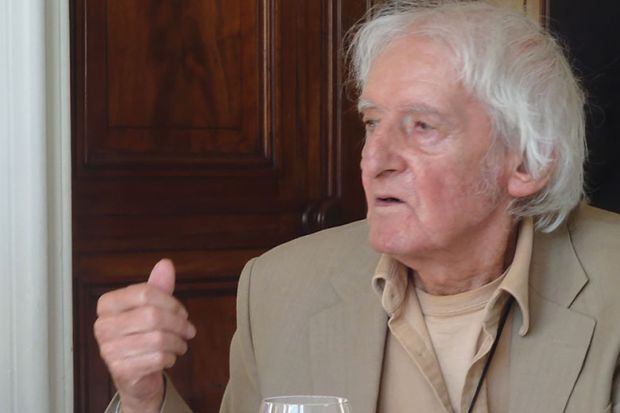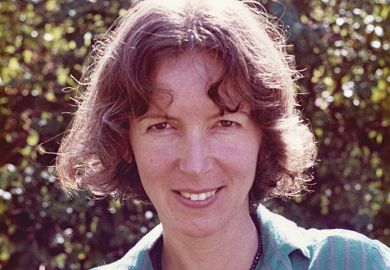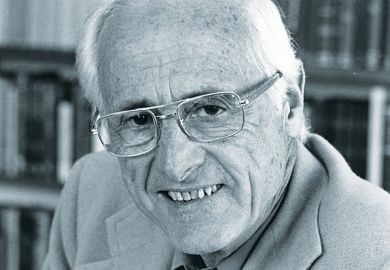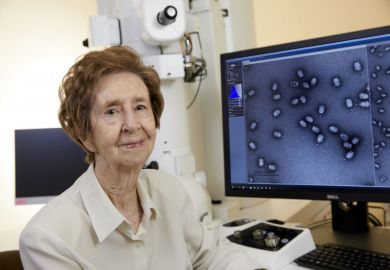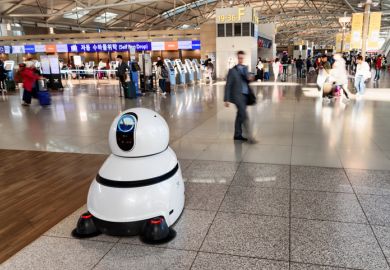One of the last survivors of Alan Turing’s generation of computer pioneers has died.
Tony Brooker was born in London in 1925, studied mathematics at Imperial College London (1943-45) and stayed on to develop what was known as a relay multiplier as part of the early ICCE1 computer. In 1949, he moved to the University of Cambridge to work on further computer software.
A keen rock climber, Professor Brooker was once on the way to Snowdonia and was asked to look in on the rival team at the Computing Machine Laboratory at the Victoria University of Manchester (now the University of Manchester). It was thus that he met the legendary Professor Turing, who in 1951 persuaded him to come and work at Manchester.
Yet Professor Turing, as Professor Brooker once explained to an interviewer, was wholly focused on his own research and had little interest in “trying to spread the word among the people in the physics and engineering departments and chemistry departments” about the tools they had developed. It therefore fell to him to create what is sometimes considered the world’s first easily usable programming language, Mark I Autocode (anticipating IBM’s Fortran by two years). He went on to devise a “compiler-compiler” to standardise the process of transforming specific programming languages to make them operational.
A major player in promoting computer science as an academic discipline, Professor Brooker helped to set up the UK’s first degree course at Manchester in 1965 and two years later became the founding chair in computer science at the University of Essex. He later served as both dean of students and pro vice-chancellor. After retiring in 1988, he spent much of his time caring for his wife Vera Hewison – herself a computer programmer – after she suffered a stroke.
Vic Callaghan, an emeritus professor in Essex’s School of Computer Science and Electronic Engineering, recalled Professor Brooker as a “far-sighted, kindly and inspiring” man who sometimes “become so engrossed [in a discussion that] he would forget where he was originally going”. He also remembered “eagerly looking forward to Brooker’s talk at the opening ceremony of the new lab named after him [in December 1994], expecting it to be full of praise for our efforts in getting a full-blown artificial intelligence lab up and running. But instead he presented a most thoughtful reflection on the dangers of unregulated future AI development, proving he was indeed a visionary, as he had foreseen the potential dangers of AI long before it became the topical [issue] it has become today.”
Professor Brooker died on 20 November and is survived by three sons and seven grandchildren.
Register to continue
Why register?
- Registration is free and only takes a moment
- Once registered, you can read 3 articles a month
- Sign up for our newsletter
Subscribe
Or subscribe for unlimited access to:
- Unlimited access to news, views, insights & reviews
- Digital editions
- Digital access to THE’s university and college rankings analysis
Already registered or a current subscriber?
